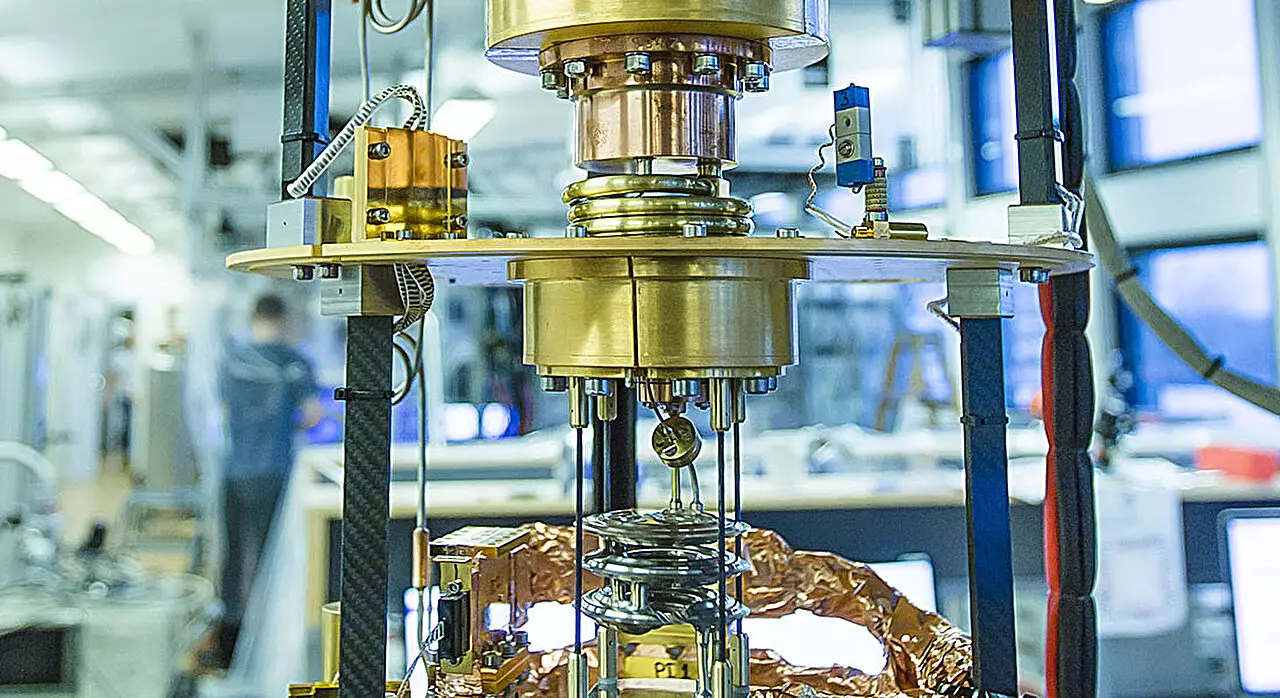The quest for developing powerful quantum computers has led scientists to explore new ways of harnessing noise to process quantum information. Researchers from the Niels Bohr Institute (NBI) have discovered a method to utilize noise for improving the performance of qubits, the fundamental units of quantum computing. This innovative approach opens up new possibilities for enhancing the functionality of quantum systems.
Traditionally, noise has been seen as a hindrance to quantum systems, causing disruptions in their operation. However, the latest study by the international collaboration led by NBI scientists challenges this notion by suggesting that noise can be leveraged for processing quantum information. By implementing real-time noise surveillance and adaptive systems, the researchers were able to increase the qubit performance by a remarkable 700%.
The success of this new approach is attributed to recent advancements in technology, particularly in the fields of field-programmable-gate-arrays (FPGA) and machine learning. These tools enable the researchers to monitor noise fluctuations in real-time and adjust the quantum system accordingly. By integrating measurement and analysis processes within the same microprocessor, the team has created a framework that is conducive to quantum computing applications.
In conventional computing, the binary nature of bits restricts the amount of information that can be processed. On the contrary, qubits in quantum computing have the potential to store and process a vast array of values, leading to exponential growth in computational power. By controlling various quantum properties such as spin and entanglement, quantum computers may revolutionize the computing landscape in the future.
The research efforts behind this breakthrough involved a collaboration of diverse teams specializing in different aspects of quantum technology. From qubit materials to machine learning algorithms, experts from various institutions and companies joined forces to push the boundaries of quantum computing. This interdisciplinary approach highlights the complexity and scope of quantum research.
While the recent study represents a significant advancement in quantum computing, the researchers acknowledge that there are many more milestones to achieve. The next phase of their work will involve applying the protocol to systems using different materials and multiple qubits. Despite the challenges ahead, the team remains optimistic about the potential of their approach in developing practical quantum computers in the future.
The research conducted by the NBI scientists sheds light on a novel method of utilizing noise for quantum information processing. By embracing environmental fluctuations and adapting quantum systems in real-time, the team has demonstrated a promising pathway towards enhancing the performance of qubits. This innovative approach, combined with interdisciplinary collaboration, signifies a significant step forward in the development of quantum computing technologies. As the quest for powerful quantum computers continues, embracing noise as a tool rather than a hindrance may hold the key to unlocking new possibilities in the realm of quantum information processing.


Leave a Reply